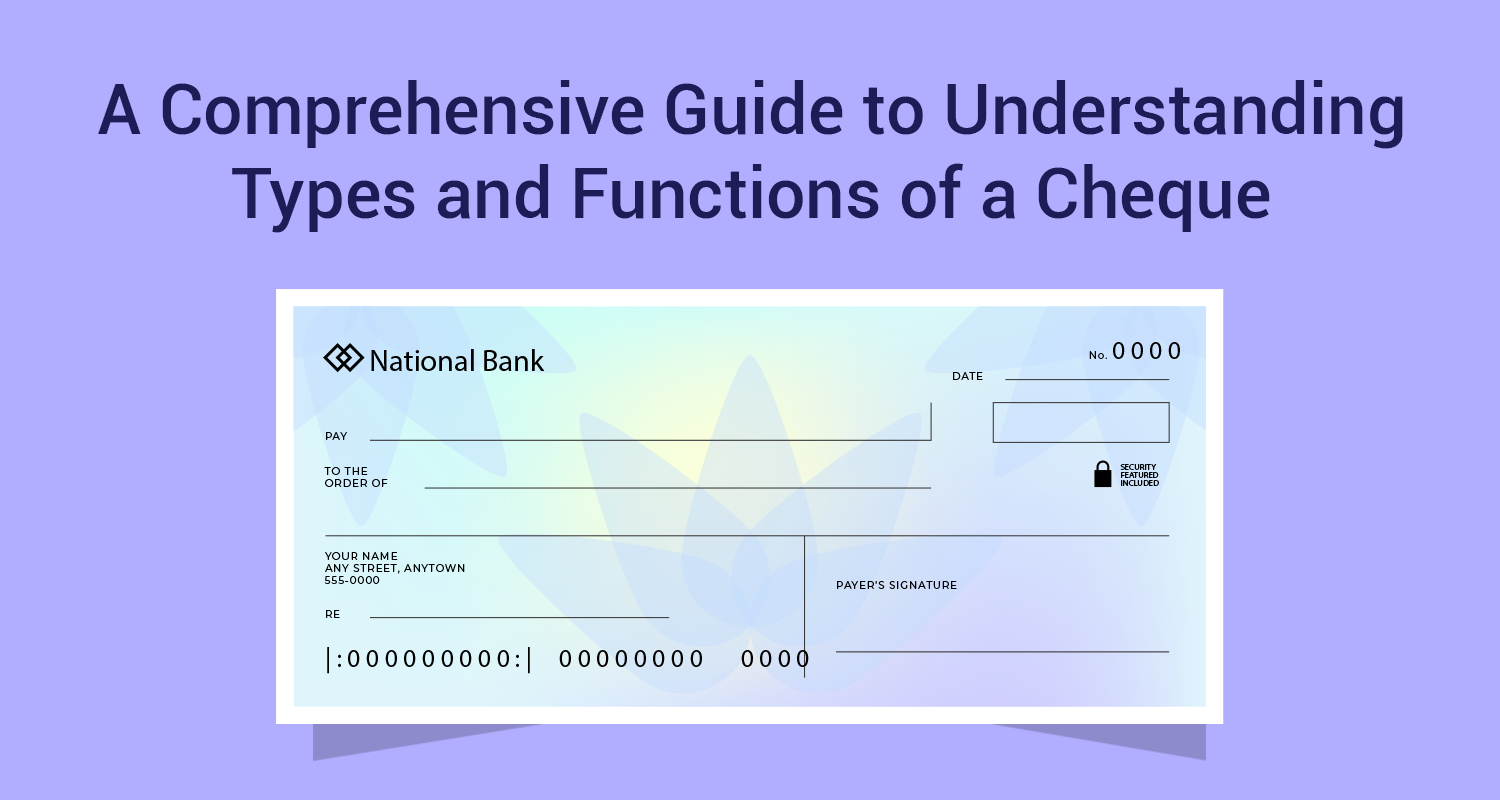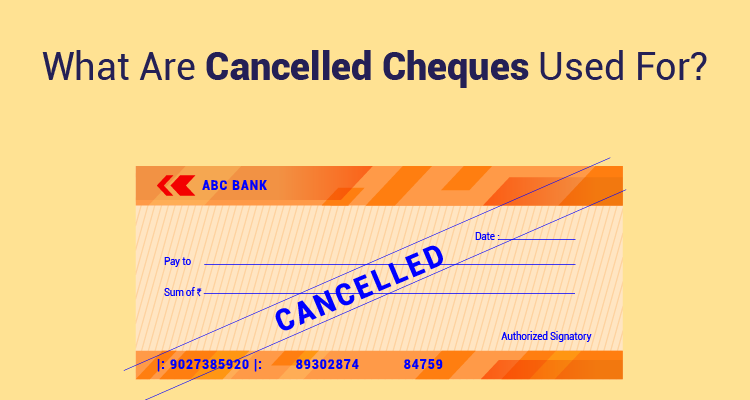Should You Invest In NCDs In The Current Market Scenario?
Table of Contents
For a company to expand, get new equipment, diversify, or meet its working capital needs, finance is vital. There are various financing sources available to meet these needs, such as obtaining a loan from a bank or NBFC, issuing equity shares, rights issues, debentures, bonds, etc.
Debentures are among the most popular financing options because they are easy to issue and have fewer restrictions than equity shares. The following section discusses NCDs and the pros and cons of investing in them in the current market situation.
What Are Non-Convertible Debentures (NCDs)?
Non-Convertible Debentures are financial instruments that companies use to raise long-term capital through public offerings. You cannot convert this debt instrument into equity. Like bank fixed deposits, it is a fixed-income instrument that traders can trade on stock exchanges. Usually, you earn interest monthly, quarterly, annually or cumulative basis, and at maturity, the principal is returned to the debenture holder.Types Of Non-Convertible Debentures
The two types of NCDs are:• Secured NCDs:
In secured NCDs, investors can claim a return on investment through liquidation of the business's assets if the company fails to pay.• Unsecured NCDs:
Unsecured NCDs do not have company assets as collateral, making them riskier than secured NCDs.Are NCDs A Good Investment In The Current Market Scenario?
An NCD issue offers a coupon rate of close to 10% per annum, making it more attractive than other debt products. Current interest rates on term deposits with nationalised banks are around 5.4%, while liquid funds are between 2.8% and 3%.
Additionally, the coupon rate on NCDs is much higher than that on 10-year government securities, which is currently 6%. It may be worthwhile to lock in a high yield of nearly 10% with NCDs in a post-Covid scenario with abundant liquidity.
Things Investors Should Consider Before Choosing The Best NCD To Invest
Before choosing a company NCD in the share market, keep the following things in mind.• Credit Rating Of The Issuer
Make sure the company has an AA or higher rating. Based on the firm's internal and external operations, a credit rating determines how well it can raise cash. It is the best indicator of a company's financial position.• Level Of Debt
NCD investors can benefit from background checks on the company’s asset quality. Investors should avoid companies that allocate more than 50% of their assets to unsecured debt.• Capital Adequacy Ratio or CAR
A company's CAR assesses its capital and determines whether it can withstand potential losses. A company you plan to invest in should have a CAR of at least 15% and should have maintained it historically.• Interest Coverage Ratio
During any given period, the Interest Coverage Ratio, or ICR, determines the firm's ability to repay its loans at interest comfortably. This way, the company can deal with possible evasions.• Your Tax Slab
NCDs are lucrative to investors in the 10% and 20% tax slabs as you can earn more money with a lower tax payment obligation.Invest In NCDs With India’s Leading Stockbroker
Investing in NCDs is a less volatile and risky investment option than other asset classes, such as equities. It is, however, necessary to open a Demat account and a trading account before investing in NCD bonds. Click here to invest in NCDs with India's leading stock broker offering free Demat and trading accounts.Frequently Asked Questions
Q1. Can NCDs be traded in the secondary market?
Ans. Yes, NCDs can be traded on the secondary market since they are listed on the stock market.
Q2. Do NCDs offer a higher interest rate than convertible debentures?
Ans. Yes, in compensation for the risk taken by investors, NCDs have a higher interest rate than convertible debentures.
Q3. What is usually the tenure of NCDs?
Ans. NCDs usually have a tenure of 12 months to 10 years, depending on the company's policies.
Disclaimer : The information in this blog is for general purposes only and may change without notice. It does not constitute legal, tax, or financial advice. Readers should seek professional guidance and make decisions at their own discretion. IIFL Finance is not liable for any reliance on this content. Read more




